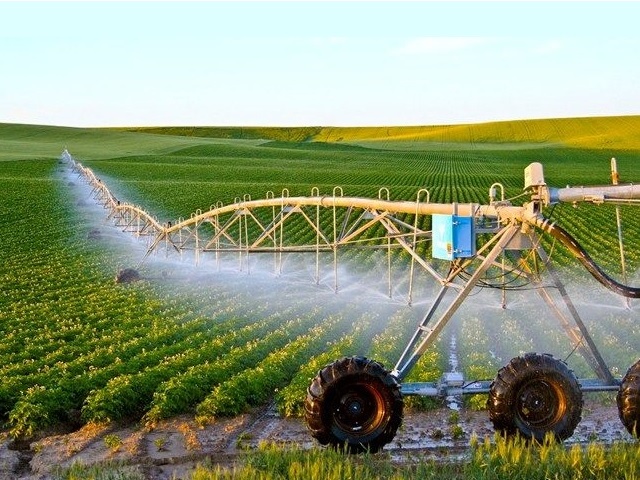
In the ever-evolving landscape of agriculture, the 21st century has witnessed a remarkable transformation in crop care. With the growing global population and the need to ensure food security, modern farmers are embracing advanced technologies to enhance crop production while minimizing environmental impact. In this article, we’ll explore the fascinating world of agriculture technology and its profound implications for crop care.
Introduction
Agriculture has been the backbone of human civilization for millennia. However, as we step into the 21st century, the dynamics of farming have undergone a significant shift. Traditional farming practices are being replaced by innovative approaches driven by technology.
The Evolution of Agriculture
The history of agriculture is marked by a series of innovations. From the invention of the plow to the advent of tractors, each era has brought about improvements in crop care. Today, agriculture technology is at the forefront of this evolution.
Challenges in Crop Care
Modern agriculture faces a multitude of challenges, including unpredictable weather patterns, pest infestations, soil degradation, and water scarcity. Addressing these challenges is crucial to meet the growing demand for food.
Precision Farming: Revolutionizing Crop Management
Precision farming leverages GPS technology and data analytics to optimize farming operations. Farmers can now precisely control seeding, irrigation, and fertilization, leading to increased yields and resource efficiency.
The Role of Big Data and Analytics
The collection and analysis of data have become pivotal in agriculture. Big data helps farmers make informed decisions about planting, harvesting, and resource allocation, ultimately improving crop care.
Smart Sensors for Crop Monitoring
Smart sensors continuously monitor crop conditions, soil moisture, and weather changes. These devices provide real-time data, allowing farmers to take immediate action when issues arise.
Drones in Agriculture
Drones equipped with high-resolution cameras and sensors are used for aerial surveillance of crops. They can identify areas of stress, disease, or nutrient deficiency, enabling targeted interventions.
Robotics and Automation
Robots are increasingly employed in tasks such as weeding, harvesting, and even fruit picking. They reduce the need for manual labor and enhance the precision of crop care.
Biotechnology and Genetic Engineering
Biotechnology has unlocked the potential to develop genetically modified crops with improved traits, such as resistance to pests and harsh environmental conditions.
Organic Farming in the Digital Age
Even in the era of technology, organic farming remains relevant. Farmers are adopting organic practices with the aid of digital tools to promote sustainability.
Sustainable Agriculture Practices
Sustainability is a key focus of 21st-century agriculture. Practices like crop rotation, reduced tillage, and cover cropping are employed to preserve soil health and minimize environmental impact.
Climate Change Adaptation
Agriculture technology plays a vital role in adapting to climate change. Farmers can adjust planting schedules and crop varieties based on climate predictions.
Crop Protection Through AI
Artificial intelligence is used to predict and combat crop diseases and pest infestations. AI-driven systems analyze data to identify early signs of trouble and recommend interventions.
Future Prospects
The future of crop care in the 21st century looks promising. Innovations in agriculture technology will continue to reshape the way we grow and manage crops, ensuring a sustainable food supply for generations to come.
Conclusion
As we navigate the complex challenges of the 21st century, agriculture technology emerges as a beacon of hope. It empowers farmers to overcome obstacles, increase productivity, and contribute to global food security.